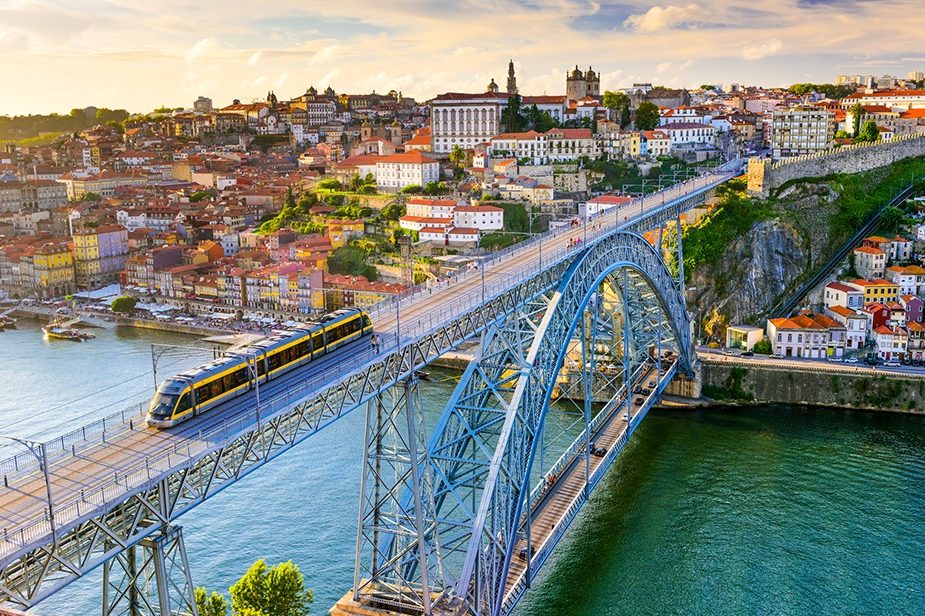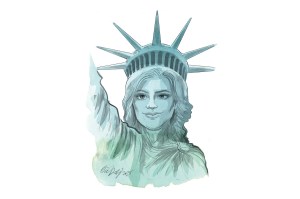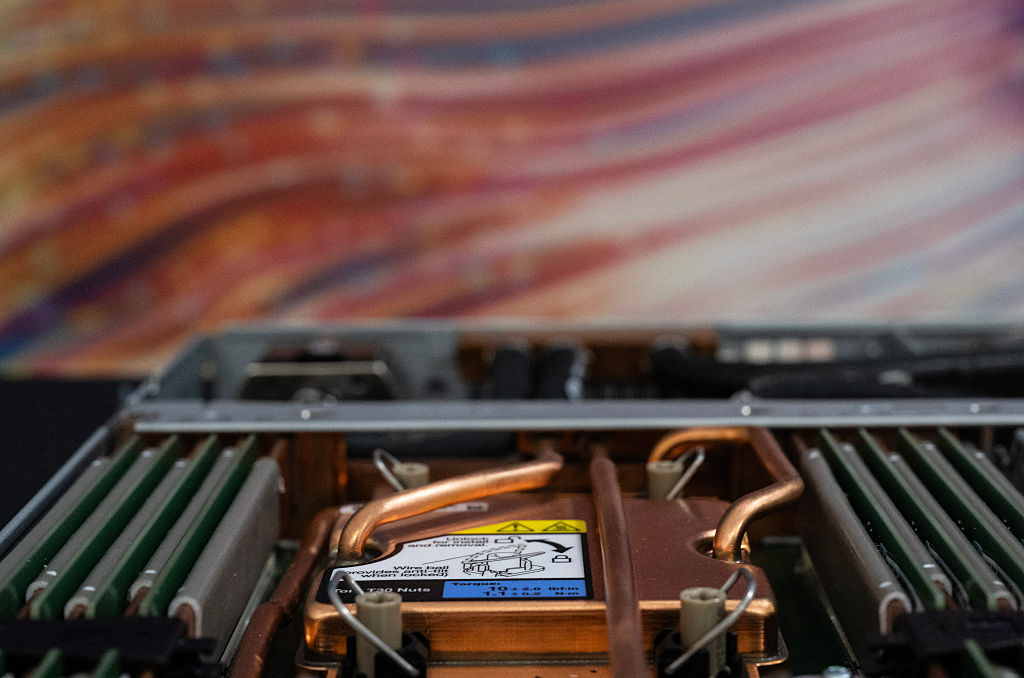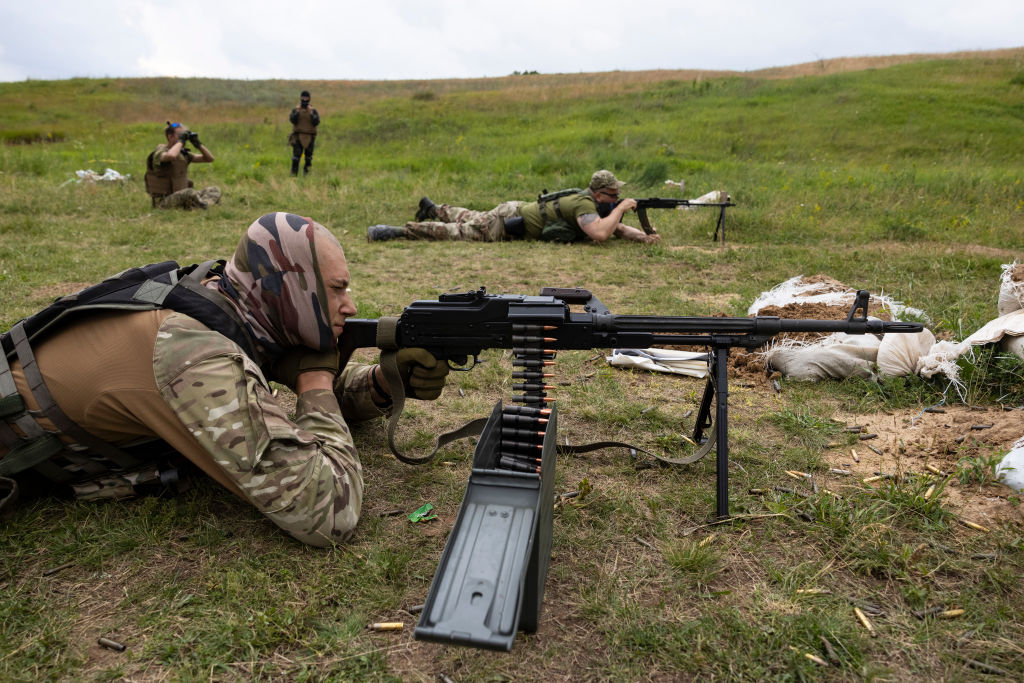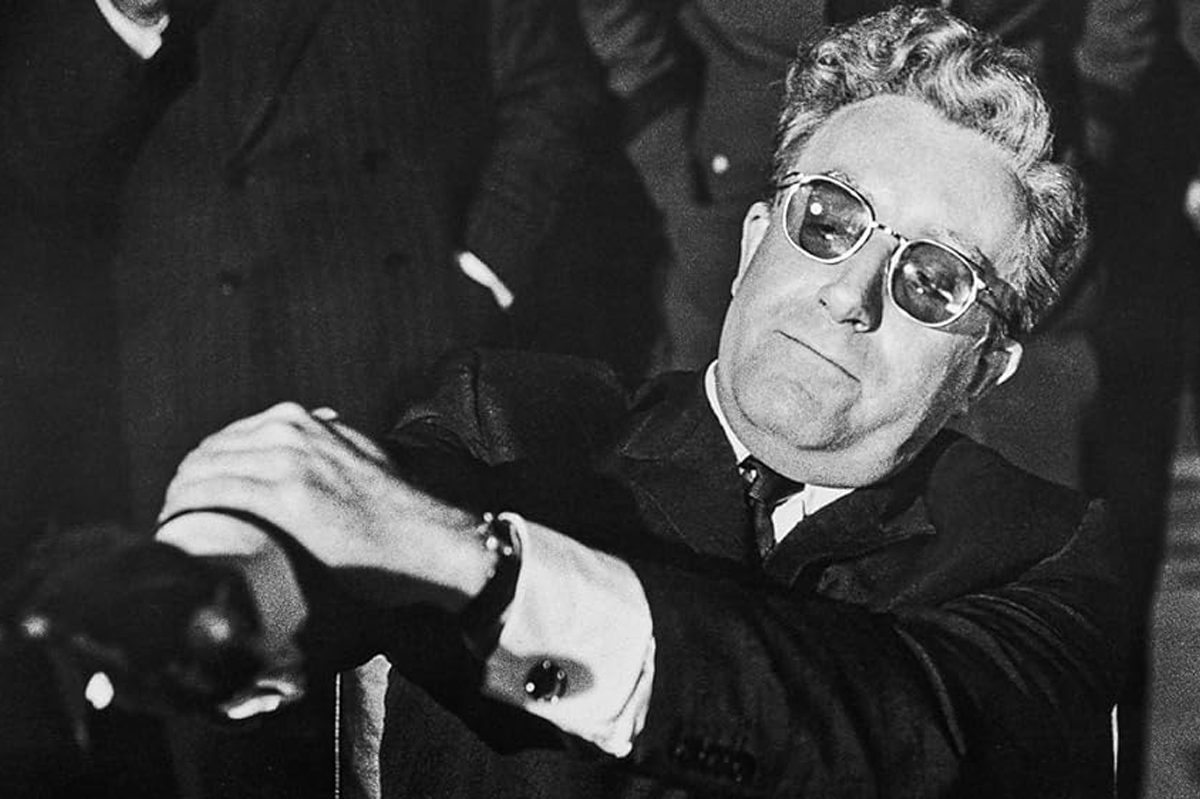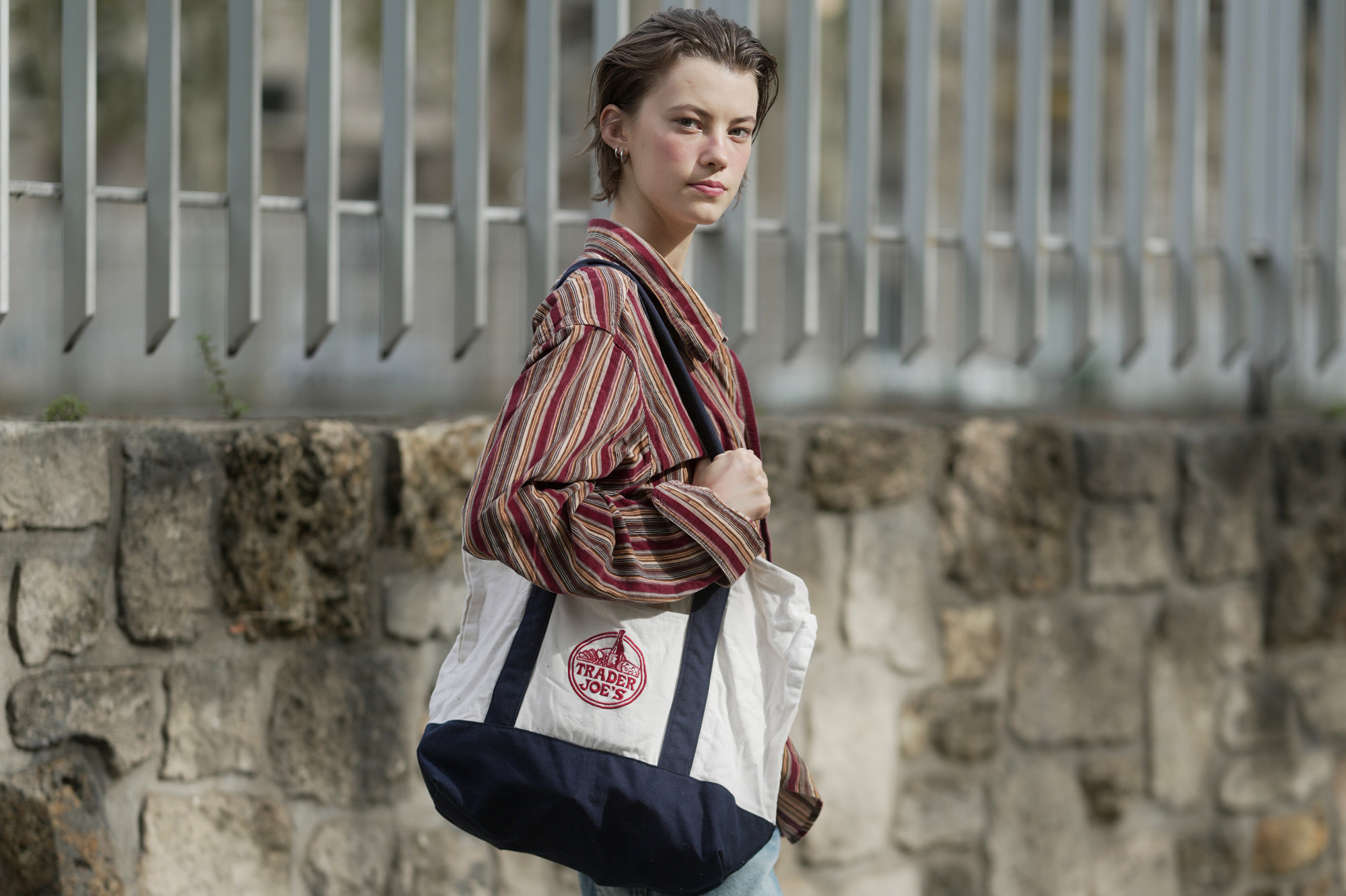Dante’s Beach, Ravenna
In my life I have nearly killed myself mainly with cigarettes and alcohol and dangerous journeys into the night. I have experienced what awaits you in those places but it is not the sort of thing you can easily talk about or even put into words. It is perhaps too secret. I am also usually skint, so all in all I do not exactly fit the bill as a solid and reliable father figure who commands respect. Yet I have six children, aged nine to twenty-one, who live with me and their Italian mother, Carla, and I try to do my best.
We have been talking about whether we would allow two of our daughters Magdalena (sixteen) and Rita (fifteen) to travel round Europe alone for a month on Interrail tickets. The matter came up after the recent hoo-ha when Kirstie Allsopp, who is famous and sounds like fun, revealed on Twitter that her nearly sixteen-year-old son had just finished a three-week Interrail tour of Europe with a friend who is actually sixteen.
There was outrage among those who want to Saran Wrap life. Someone reported her for “child neglect” to social services, who somehow got hold of her phone number and left her a text message. “I’m wanting to have a conversation with you regarding a referral we have received in relation to your son. Kind regards,” it said.
In a fury, she rang their number but became even more furious when they asked her what “safeguards had been put in place” to protect her son while he was away and then told her the file would remain open “in case there was another referral and we needed to come to your house and look into this further.” There really is no hope is there? I dread to think how many things they could refer me for.
“I did Interrail with a friend when I was fifteen,” I announced in the kitchen. “And look how you turned out!” said Carla.
I then told the story. It was in the 1970s and in those days an Interrail ticket cost just £27.50 — I discover online — for a month’s train travel in Europe. Today it costs £522. You had to be under twenty-one and if you were under eighteen you needed the consent of your parents. Mine were divorced and while my father had no objection my mother did and seized my passport and hid it. But I managed to get a replacement via something called the official solicitor. With rucksacks full of essentials such as a tent, sleeping bags, a mini Campingaz cooker, torches and tablets to purify filthy foreign water, I set off with my friend Robin, who was sixteen.
Near La Rochelle I kissed a girl for the first time whose name was Clothilde which felt like the closest thing in life to heaven but the little minx preferred the maître nageur. In Calpe, on the Costa Blanca, I smoked what my mother, who had sat cross-legged under blankets in 1967 with the Beatles and the Maharishi at Bangor University, called “pot.” It sent me spinning for hours towards what I was convinced was death. Then, on a packed train headed for Grenada in the scorching heat, I lost the Interrail ticket. These days, thanks to internet banking and phones, a call home, however shameful, would sort out the problem so long as your parents have the money, which in my case would not necessarily be true. But back then, things were different. So I hid in the baggage space above the doors in the six-seater train compartments all the way back to France. I got away with it in Spain largely thanks to the complicity of other passengers. But in France I soon got caught, somewhere near Perpignan, and slung off.
There was nothing for it but to split up with Robin and hitchhike the length of France to the Channel alone. At least I still had my return ferry ticket. I have no memories of feeling fear or danger. I recall only how easy it was to get lifts mostly in trucks and how sympathiques the drivers were who shared their food and red wine with me. I ended up in Bruges, which was OK because it was only twenty miles from Ostend where there was a ferry. Feeling home and dry, I decided to risk another train but got caught and briefly arrested. By now I had no money at all which was a criminal offense in Belgium, police told me, but when I went to the British consulate they refused to help. So I had to hitchhike out of central Bruges to Ostend.
Many would say my teenage odyssey demonstrates why a fifteen-year-old should not be allowed anywhere near an Interrail ticket. Yes, yes, but I prefer to see it like an outward bound course or initiative test similar to those taken by potential recruits for high-flying civil service or military jobs.
The children certainly seemed impressed by my story. It prompted Giovanni Maria (twelve) to describe a video he’d seen on his phone about a Scotsman who removed the interior door handles of his car to trap hitch-hikers inside and kill them, which was not very helpful. But Magdalena then disclosed that on the bus one day to the music school she attends twenty miles away in Forli, her boyfriend had forgotten his bus pass and so she hid him under their coats and his guitar and her viola. That’s my girl!
Carla, who became a devout Catholic soon after meeting me, did not even have to consult the image of the Madonna she keeps attached to the fridge before refusing the train tour idea point blank. “No! Not even boys!” In vain did I protest that there are far more dangerous journeys than Interrail ones.
This article was originally published in The Spectator’s UK magazine. Subscribe to the World edition here.



